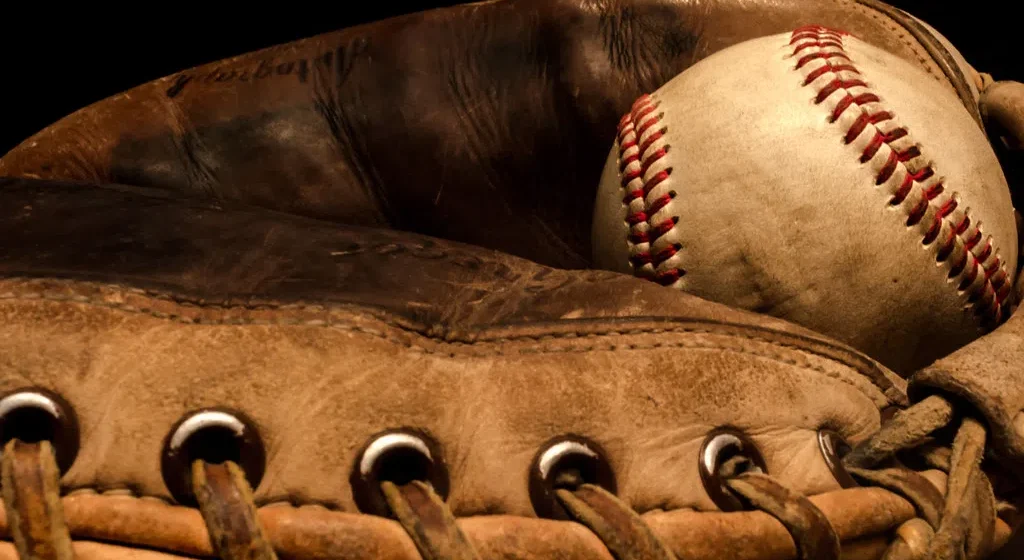Lansing, MI – In a significant move to honor the legacy of African American baseball players, Governor Gretchen Whitmer signed a bill yesterday designating May 2 as Negro Leagues Day in Michigan.
The announcement was made on the national holiday of Juneteenth, a day that commemorates the liberation of the last people enslaved in the United States, occurring two years after the Emancipation Proclamation.
Lieutenant Governor Garlin Gilchrist, expressing his pride as a Black man and a native of Detroit, highlighted the importance of this recognition for the Negro Leagues.
“As a Black man and a Detroit native, I am particularly proud to see the Negro Leagues be recognized by the state,” Gilchrist stated.
The Detroit Stars, a key part of Michigan’s baseball history, were among the original eight teams that formed the Negro Leagues in 1920.
This historic move by Governor Whitmer acknowledges the contributions and challenges faced by African American athletes during an era of segregation and discrimination in sports.
The Historical Significance of Negro Leagues Day
The establishment of Negro Leagues Day is not just a celebration of sports history but also a recognition of the broader struggle for racial equality in America. The Negro Leagues provided a platform for Black athletes to showcase their talents at a time when Major League Baseball was segregated.
The Detroit Stars played a pivotal role in the league, contributing to its growth and popularity. Their participation in the league helped pave the way for the eventual integration of Major League Baseball, leading to the inclusion of legendary players like Jackie Robinson.
Celebrating on Juneteenth
According to the source, the choice to sign the bill on Juneteenth adds a deeper layer of significance to this new holiday.
Juneteenth marks a critical point in American history – the day when the last enslaved African Americans in Texas were informed of their freedom, two years after the Emancipation Proclamation was signed by President Abraham Lincoln.
By aligning the signing of the Negro Leagues Day bill with Juneteenth, Governor Whitmer underscores the connection between the struggle for civil rights and the contributions of African American athletes.
This act serves as a reminder of the progress made and the ongoing journey towards equality and recognition.
The Detroit Stars: A Legacy Remembered
The Detroit Stars were more than just a baseball team; they were a symbol of hope and resilience. Founded in 1919, the team quickly became one of the standout franchises in the Negro National League.
They played their home games at Mack Park, drawing large crowds and showcasing the incredible talent of players who were denied opportunities in Major League Baseball due to racial segregation.
Notable players from the Detroit Stars included Hall of Famers such as Norman “Turkey” Stearnes and Andy Cooper. Their performances on the field not only entertained fans but also challenged the prevailing racial prejudices of the time.
Lieutenant Governor Gilchrist’s Pride
Lieutenant Governor Garlin Gilchrist’s personal connection to this recognition highlights the importance of representation and acknowledgment of Black history in Michigan.
As a prominent political figure and a Detroit native, Gilchrist’s pride in this moment reflects the broader sentiment of many African Americans who see this as a step towards honoring their heritage and contributions.
Gilchrist emphasized the significance of recognizing the Negro Leagues, stating, “As a Black man and a Detroit native, I am particularly proud to see the Negro Leagues be recognized by the state.”
His words resonate with the ongoing efforts to educate and celebrate African American history and achievements.
Moving Forward
The establishment of Negro Leagues Day in Michigan is a meaningful step towards preserving and honoring the legacy of African American athletes who played in the Negro Leagues.
It serves as an opportunity for reflection and education, reminding future generations of the challenges and triumphs faced by these pioneering athletes.
This recognition also aligns with broader efforts to address historical injustices and promote racial equality.
By celebrating the Negro Leagues and their players, Michigan takes a stand in acknowledging the important contributions of Black athletes to the state’s and the nation’s sports history.
Read more news:
- Triumph in Tennessee: Local Woman’s Victory Over Addiction and Academic Success
- Church Vandalism in Irwin: Youths Suspected of Damaging Sacred Instruments at Local Church



Leave a Reply